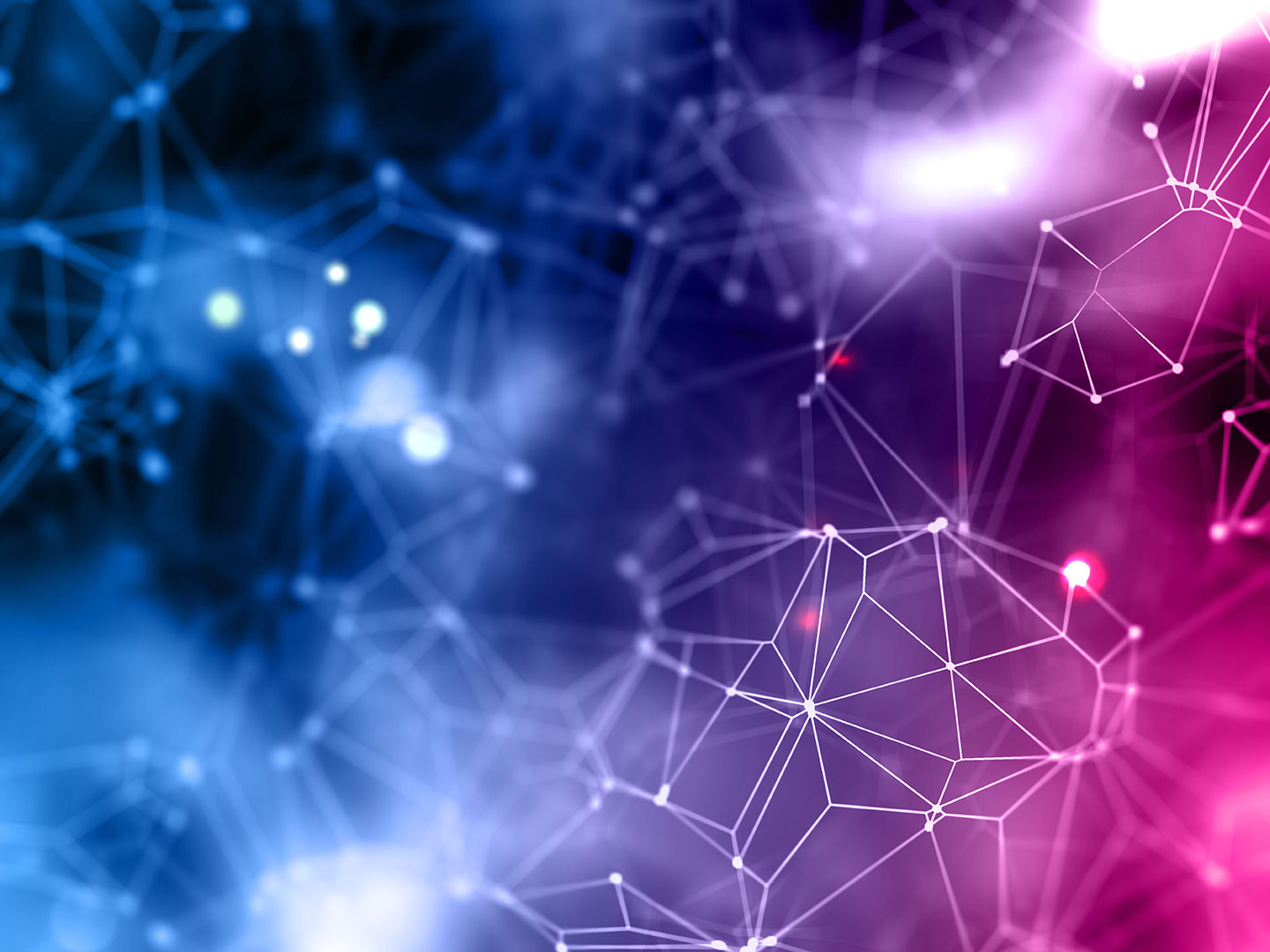Recently, I asked a large language model, “What is the meaning of life?” The response was surprisingly thoughtful, pulling from various philosophical ideas, yet it left me wondering: does this AI actually grasp the question, or is it just cleverly stitching together data it’s been trained on? This moment sums up the incredible advancements in artificial intelligence—particularly in generative AI like large language models—and the big questions they spark. As these technologies weave into our daily lives, they collide with classical philosophy in fascinating ways, raising timeless issues about knowledge, ethics, and consciousness. For young people growing up in this AI-driven world, this intersection isn’t just theoretical—it’s shaping the skills you’ll need to thrive.
The Rise of AI and Large Language Models
AI has evolved from basic rule-following programs to sophisticated systems that can generate human-like text, poetry, and even conversations. Take models like GPT-3: they’re not just tools for tech experts anymore; they’re accessible to anyone with a keyboard and curiosity. This “revelation” of generative AI marks a shift where machines don’t just crunch numbers—they create, communicate, and challenge our understanding of intelligence. But with this power comes a wave of questions philosophers have wrestled with for centuries, and these questions hit differently for those of you navigating this tech-filled future.
Where AI Meets Classical Philosophy
Epistemology: What Does It Mean to “Know”?
In philosophy, knowledge is often seen as justified true belief—something you believe, with good reason, that’s actually true. But what happens when an AI spits out a factually correct answer? Does it “know” it, or is it just parroting data without understanding? Think of Plato’s allegory of the cave: people mistook shadows for reality. Today, AI can churn out content that looks legit—like posts flooding your social media feed—but it might not grasp the truth behind it. This blurs the line between real knowledge and clever imitation, pushing you to sharpen your ability to sift through information and spot misinformation in a world where AI shapes so much of what you see.
Ethics: Right, Wrong, and Algorithms
AI doesn’t just mess with our heads—it messes with our morals. Imagine a self-driving car facing the trolley problem: does it save the passenger or a group of pedestrians? What once was a classroom debate is now a coding challenge. Then there’s AI in surveillance, tracking your every move—how does that square with privacy and freedom? Philosophers like Immanuel Kant, who said we should act by rules we’d want everyone to follow, or utilitarians, who prioritize the greatest good, offer ways to think about this. As AI gets smarter, you’ll need to wrestle with these ethical dilemmas, ensuring tech reflects the values you want in the world.
Metaphysics: Can Machines Have a Mind?
Here’s the wild one: could AI ever be conscious? Alan Turing’s famous test asks if a machine can trick us into thinking it’s human—but does that mean it’s aware? John Searle’s Chinese Room argument says no: even if an AI processes language perfectly, it might not understand a thing, just following rules like a fancy calculator. Look at AI-generated art or music—it’s cool, but is it creative like you are, or just mimicking patterns? This isn’t just a geeky puzzle; it’s about what makes you human in a world where machines keep getting closer to acting like us.
What This Means for Young People
You’re growing up with AI as a constant companion—in your apps, your classrooms, your future jobs. This isn’t just about cool gadgets; it’s about the skills you’ll need to stay ahead and stay yourself.
Critical Thinking and Digital Literacy
AI can churn out essays or TikTok captions, but it’s not always right—or honest. With fake news and deepfakes out there, you’ve got to be a detective: question what you read, check sources, and dig for the truth. Digital literacy isn’t just knowing how to use tech—it’s knowing when to trust it and when to call it out.
Ethical Reasoning and Responsibility
You’re not just users of AI—you’re its future shapers. AI can carry biases, like favoring certain groups in hiring algorithms, or guzzle energy training massive models. It’s on you to spot these issues, push for fairness, and think about the planet. The choices you make (or don’t) will decide if AI lifts everyone up or leaves some behind.
Skills to Stand Out
AI might take over boring tasks—think data entry or basic customer service—but it’s not great at what makes you, you. Creativity, like writing a song from your heart, emotional intelligence, like reading a friend’s mood, and tackling messy, real-world problems—these are your superpowers. Even in school, AI can tailor lessons to you, but don’t lean on it too hard. Build your own brainpower to work with AI, not just follow it.
The Timeless Power of Philosophy
Tech moves fast, but the big questions—about truth, right and wrong, what it means to be alive—don’t change. Classical philosophy isn’t some dusty old book; it’s a toolkit for making sense of this AI revolution. As you chat with bots, scroll through feeds, or dream up your future, these ancient ideas can guide you. They’ll help you ask the tough questions, make smart calls, and shape a world where tech serves humanity—not the other way around.
So, young explorers of this AI age, don’t just ride the wave—steer it. With a little wisdom from Socrates and a lot of your own grit, you’ve got this. The future’s yours to build.

 using WordPress and
using WordPress and 
Comments are closed